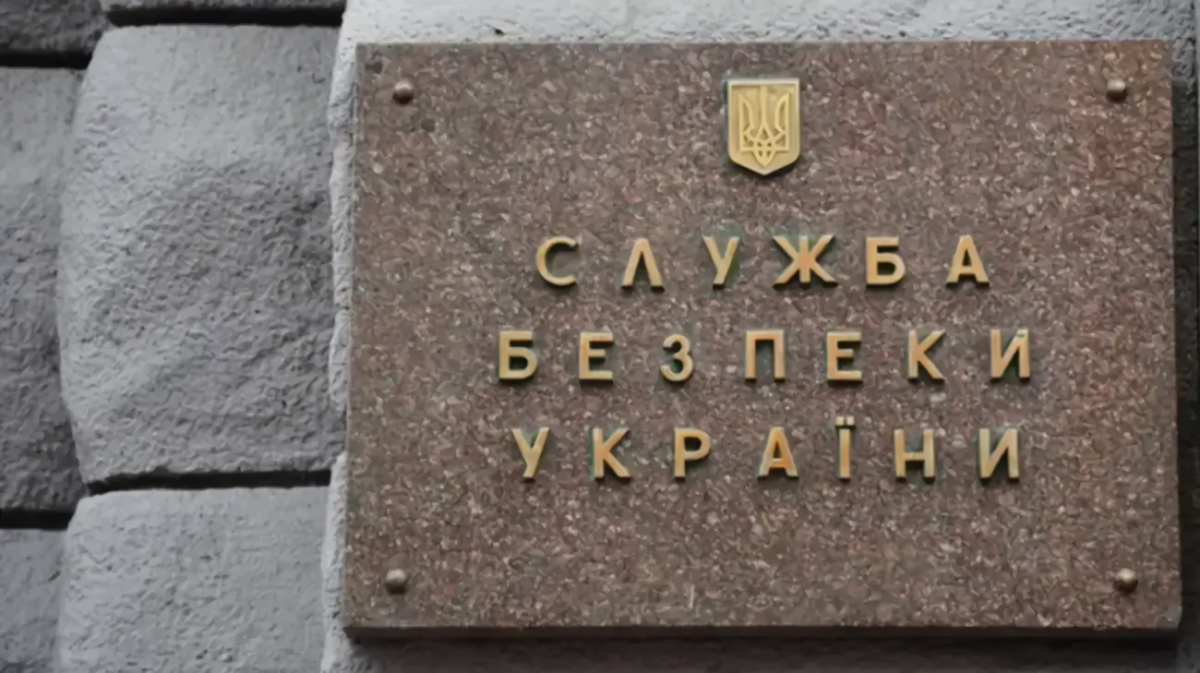(Bloomberg) — Thailand’s Constitutional Court is set to decide whether popular opposition politician Pita Limjaroenrat breached election rules while running for parliament, a legal hurdle used by his opponents to thwart his prime ministerial bid last year.
Most Read from Bloomberg
The court will rule on the Election Commission’s allegation that Pita violated a rule that forbids those contesting a seat in the House of Representatives from owning shares in a media company. The court suspended his status as a lawmaker in July while it deliberated on the case.
The court will read out the verdict on Pita at 2 p.m. in Bangkok. Thai constitution bars politicians seeking political office from owning shares in media firms to prevent them from abusing the platforms for personal gains and to protect media freedom.
The same court is also scheduled to rule on Jan. 31 on whether Pita’s Move Forward Party violated the charter with its election campaign to loosen the lese majeste law that protects the monarchy from defamation. A decision against Move Forward may eventually lead to its dissolution and a ban on its leaders from active politics, similar to a verdict almost four years ago that quashed Move Forward’s predecessor, Future Forward.
The court decisions will be a litmus test to how far Thailand’s royalist establishment is willing to go to stop the reformist Move Forward that won 151 seats in the 500-member parliament and almost 40% of the popular votes in the May election.
Pita has denied violating election rules, saying he only managed shares in ITV Pcl as part of an estate left behind by his father, who passed away in 2006. After his opponents raised an uproar following the election, he transferred all 42,000 shares, or 0.003% of ITV’s total shareholding, to the other members of his family.
“Most of us look at this upcoming decision not based on the merits of the case but on the political winds of the day,” said Thitinan Pongsudhirak, a professor of political science at Chulalongkorn University in Bangkok. “It’s just a matter of whether the Constitutional Court will see the need to decapitate Pita’s political popularity or nip him in the bud.”
If the court rules against Pita and Move Forward, protesters may once again return to the streets, ending a period of relative stability in a country known for periodic political turbulence and military coups. It may also derail Prime Minister Srettha Thavisin’s efforts to draw foreign investors and bolster economic growth.
The disbanding of Future Forward in Feb. 2020 led to anti-government protests and gave rise to unprecedented calls for reforms of the country’s powerful monarchy.
Earlier this week, Move Forward said it expected the court to clear Pita of any wrongdoing as ITV had ceased operating as a media company since its government contract was ended in 2007. The court had heard testimonies from the election body’s Secretary-General Sawaeng Boonmee and Pita, as well as ITV’s chairman Kim Siritaweechai.
Pita’s bid for premiership was backed by a broad coalition of pro-democracy parties including Pheu Thai, linked to Thaksin Shinawatra. Yet the numbers were not enough to outdo the military-appointed Senate that voted alongside the conservative members of the House. That paved they way for a new coalition headed by Srettha’s Pheu Thai, which eventually joined hands with a string of conservative and pro-military groups.
Thailand has a history of moving against pro-democracy parties and politicians. Future Forward’s leader Thanathorn Juangroongruangkit, then the prime-minister candidate of the opposition bloc, was disqualified after the Constitutional Court found him guilty of holding media shares on the date he registered his candidacy.
Most Read from Bloomberg Businessweek
©2024 Bloomberg L.P.
Signup bonus from



